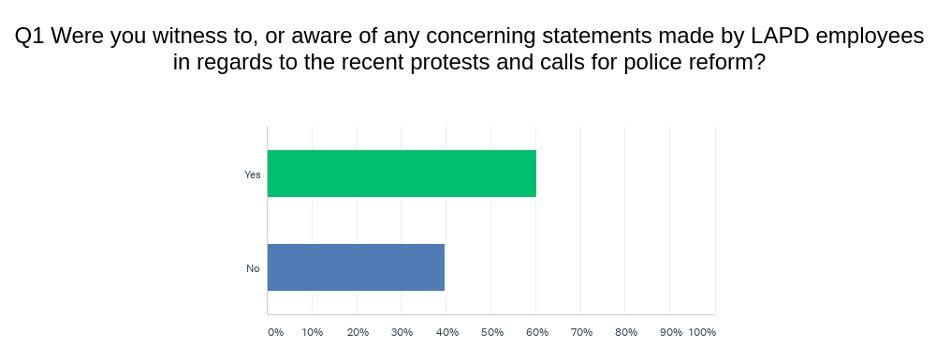You might want to meet with Eric Garcetti but Eric Garcetti doesn’t want to meet with you. John Motter told that story recently in the essential Knock LA. And it’s not Garcetti’s problem, honestly. It’s all you. There are plenty of folks he will very gladly meet with, like e.g. members of the Central City Association. And in secret no less, as he did on November 16, 2020. Mike Feuer did the same thing on October 8, 2020.
And what were these luminaries talking to CCALA about in these top secret meetings? I’m glad you asked! I recently obtained copies of CCALA supreme commander Jessica Lall’s confidential members-only briefing notes for these two meetings that reveal quite a bit about what went on.1 Here are links to the original Microsoft Word files and PDF versions2. HTML transcriptions and images appear below as well:
嬄 Feuer Meeting briefing notes — DOCX ◈ PDF ◈ JPG ◈ HTML
嬄 Garcetti Meeting briefing notes — DOCX ◈ PDF ◈ JPG ◈ HTML
You should read the originals, also. They have a lot more stuff in them than I discuss here. The notes include brief agendas and a list of goals. For instance, Garcetti:
Continue reading The Central City Association Held Secret Members-Only Meetings With Mike Feuer And Eric Garcetti In October And November — Attendees Included Tom Gilmore — Patti Berman — Sara Hernandez — And The Usual Gang Of Downtown BIDdies And Zillionaires Complaining About Homelessness — And Defunding The Police — And Regulations And Codes — They Really Really Hate Regulations And Codes — Featuring The Inimitable Blair Besten As Self-Proclaimed Expert On “Street Homelessness” — And Plenty Of Other Aggressive Lunacy

